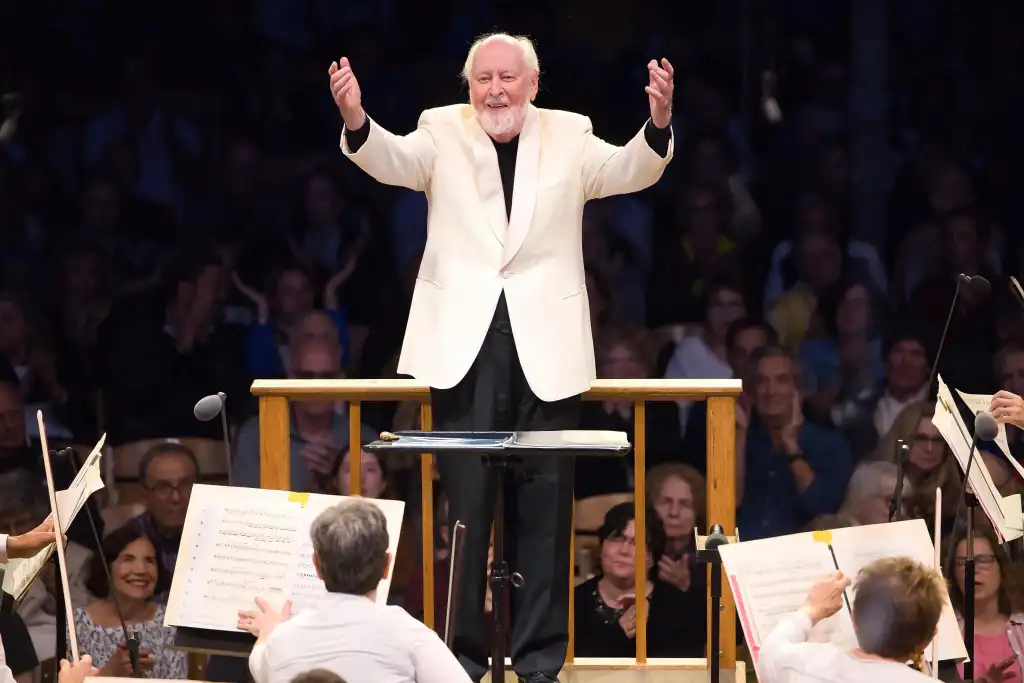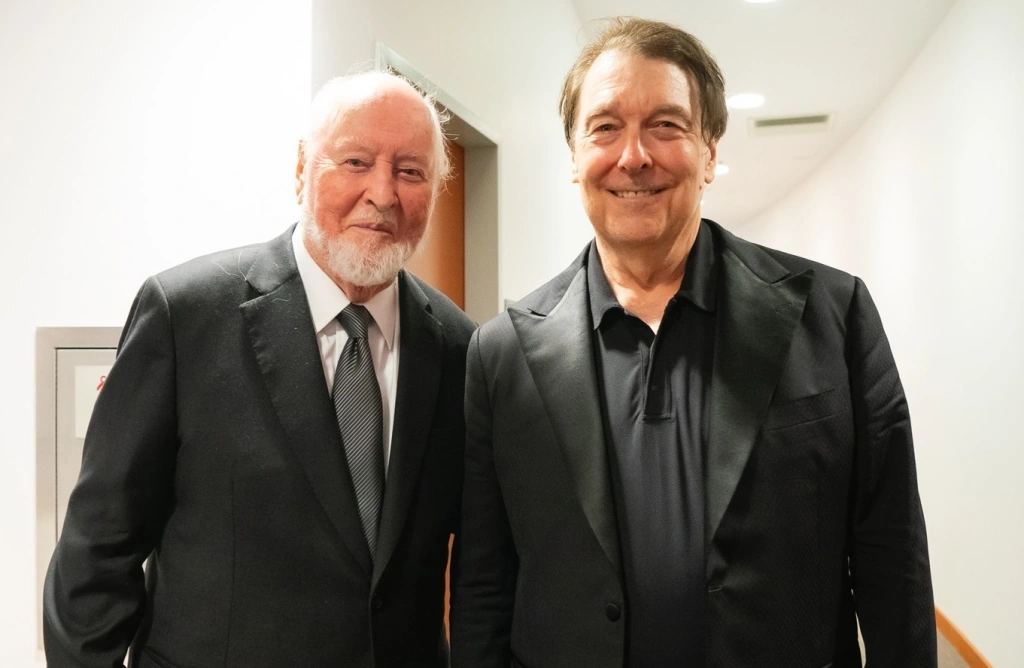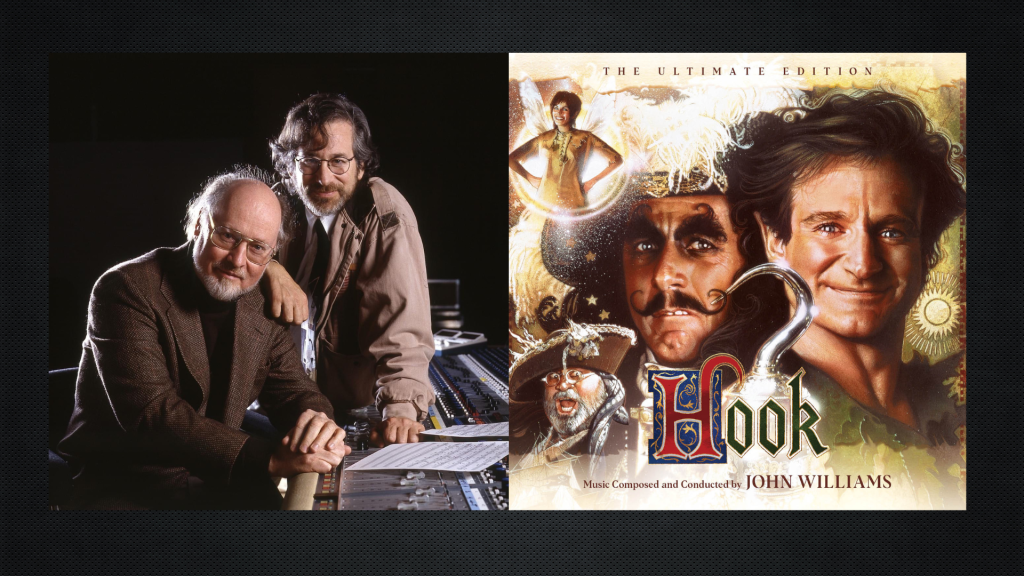Audio-only version:
In 2022, world-renowned conductor and author John Mauceri published a book that promised to shatter the world of classical music in unexpected (and very positive) ways. The War On Music: Reclaiming The Twentieth Century (Yale University Press) is a passionate and engaging reassessment of classical music in the 20th century, in which the author argues that the history of music during the last century was shaped by its three major global conflicts (World War I, World War II, and the Cold War) and investigates the reasons why classical music seemed to produce so little in terms of everlasting works after 1950, while instead other expressions of art (theater, cinema, popular music, literature) continued to thrive giving the world countless widely recognized masterpieces. Mauceri also excavates deeper to discover why much of the music written by composers who escaped totalitarian regimes in the 1930s was suddenly silenced (if not completely ostracized), how many of these composers (including Erich Wolfgang Korngold, Max Steiner, Franz Waxman, Miklós Rózsa) kept the tradition of symphonic music alive throughout their work for Hollywood films, but were still the subjects of denigration and dismissal from music critics and the overall intellighentsia in both Europe and the United States. Mauceri also reflects on why the avant-garde of the pre-World War I became the new lingua franca of the Cold War period in the West, and any music that veered from its requirements removed from being performed.

“Music disappears by silencing it—which can be a result of an overt action or simply by lack of general interest. We are still living in the residue of the last century’s dictates and the battles for cultural supremacy that were part of the arsenals of its global wars.”
John Mauceri, The War On Music
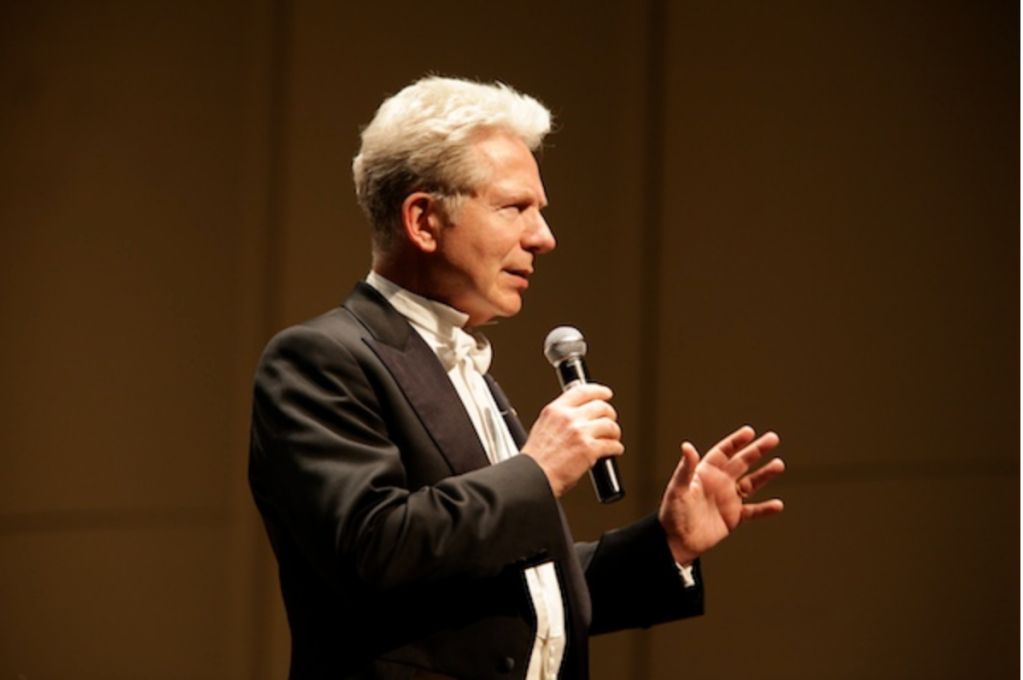
John Mauceri is certainly not biased, nor tainted by prejudice, when it comes to explore new and diverse repertoires. As a conductor, he has championed forgotten composers and underrepresented works for more than fifty years; he is one of the world’s leading performer of the music of Hollywood’s émigré composers as well as composers outlawed by the Third Reich, and has taken the lead in the restoration and performance of many kinds of music, including film scores, Broadway musicals, operas and symphonic works. In the case of film music, Mauceri has been one of the pioneers of the now-ubiquitous live-to-picture format, and throughout his post as principal conductor of the Hollywood Bowl Orchestra in Los Angeles for more than a decade, he helped to create a canon of film scores to perform on the concert stage. The War On Music is the distillation of a lifetime’s work of studying and understanding the repertory of 20th century and how much of that is still waiting to be rediscovered, performed and newly appreciated in concert halls and opera houses, finally returning these works to a worldwide audience eager to listen to beautiful, expressive music.
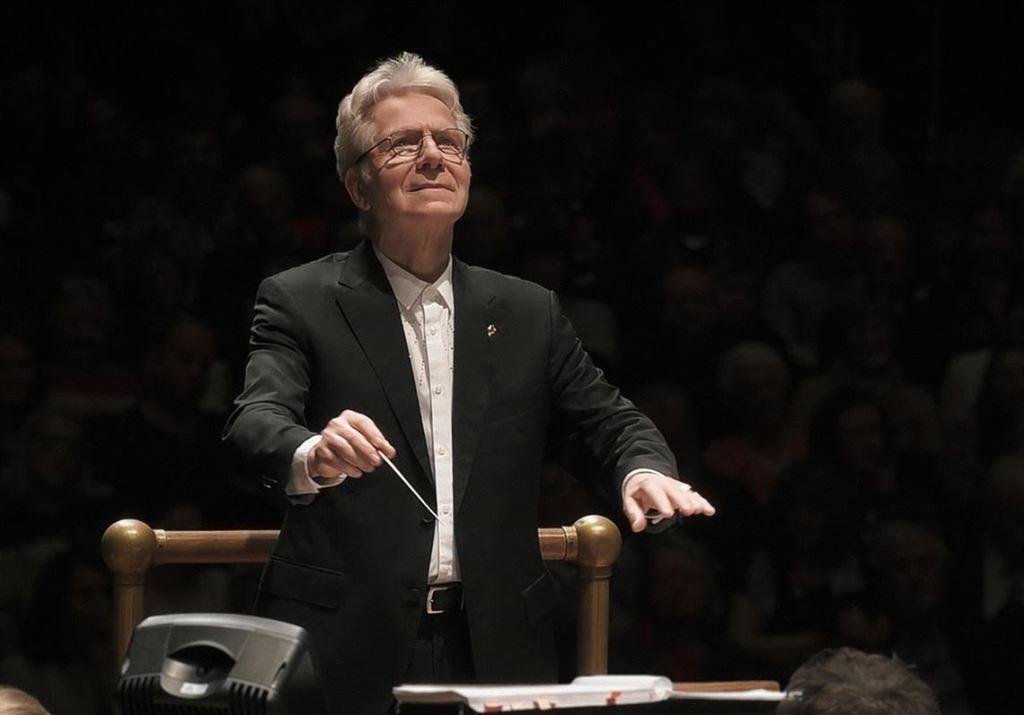
In 2019, John Mauceri was one of the very first guests of the then just launched podcast of The Legacy of John Williams; he offered many thoughts and reflections on how the music of early Hollywood composers was a catalyst for a new generation of filmmakers and composers in the 1970s, influencing people like Steven Spielberg and John Williams, and how the music of Maestro Williams rapidly became a beacon for a new generation of musicians and composers around the world. This new conversation virtually starts from where we left four years ago, but at the same time gives a wider and even more nuanced context to investigate how John Williams’ music (and film music in general) can be a true solid platform upon which a renewed repertory of classical symphonic music can be built.

Joining the conversation is GRAMMY-nominated composer Austin Wintory, one of the most talented, versatile and creative artists of his generation working in the media music industry. Wintory is known mostly as a composer of music for videogames and has written music for renowned games including The Banner Saga series, Journey (the first videogame music ever nominated for a Grammy Award), Abzu, Assassin’s Creed: Syndicate, and many others. He has also composed music for more than 50 feature films and has also written music for the concert stage, including a major work for the Melbourne Symphony Orchestra. Last year, he conducted the esteemed London Symphony Orchestra in Traveler: A Journey Symphony, an extended concert work for orchestra, soloists and choir based on his score for Journey to celebrate the 10th anniversary of that landmark videogame.
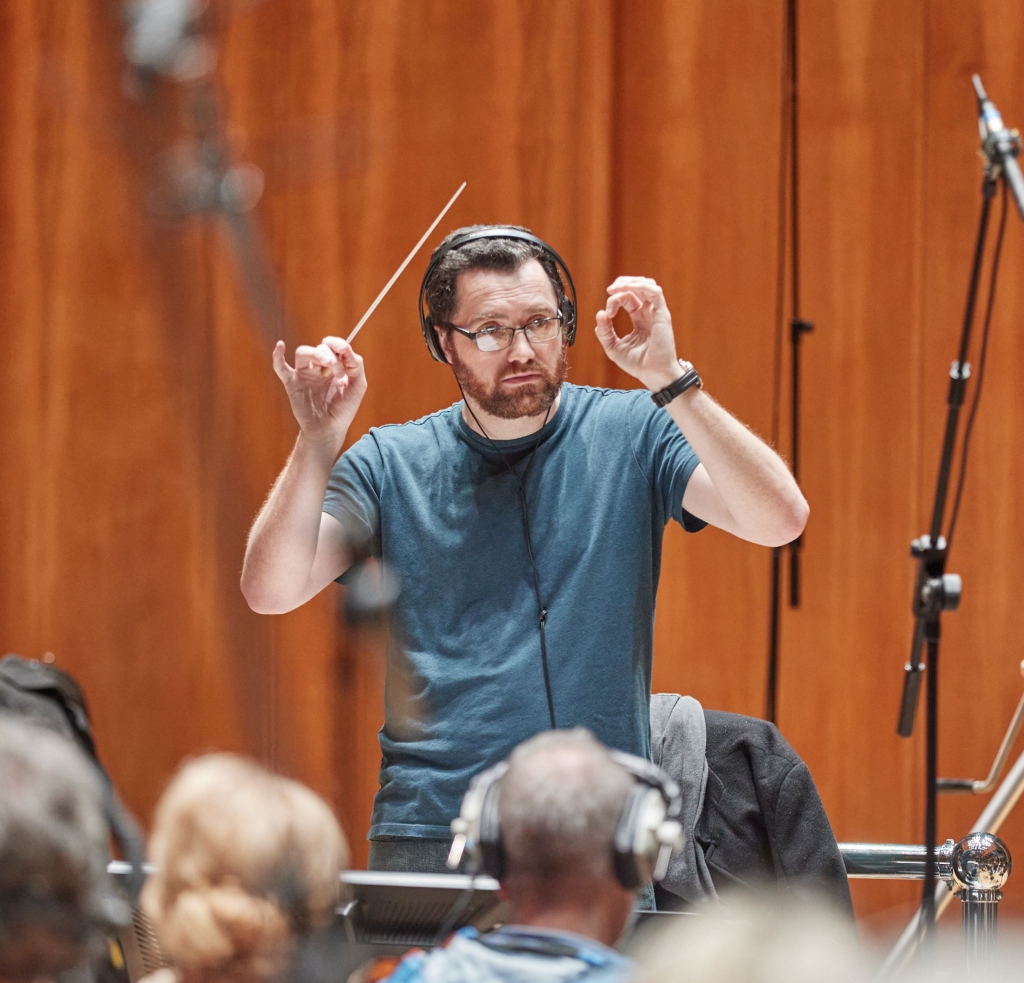
Wintory is classically trained, but he has always embraced new technologies and approaches to bring film and media scoring into the 21st century. He is also a passionate advocate of music education and a lively speaker for anything about music and music-making (as often showed in his videos for his own YouTube channel). Austin brings his own views and sensibilities into the conversation as a contemporary composer of media music navigating the current landscape, exchanging passionate views and opinions with Mauceri about how the history of 20th century still lingers in the 21st with many consequences and how film and media music must play a pivotal role in creating a new pact with today’s audiences.
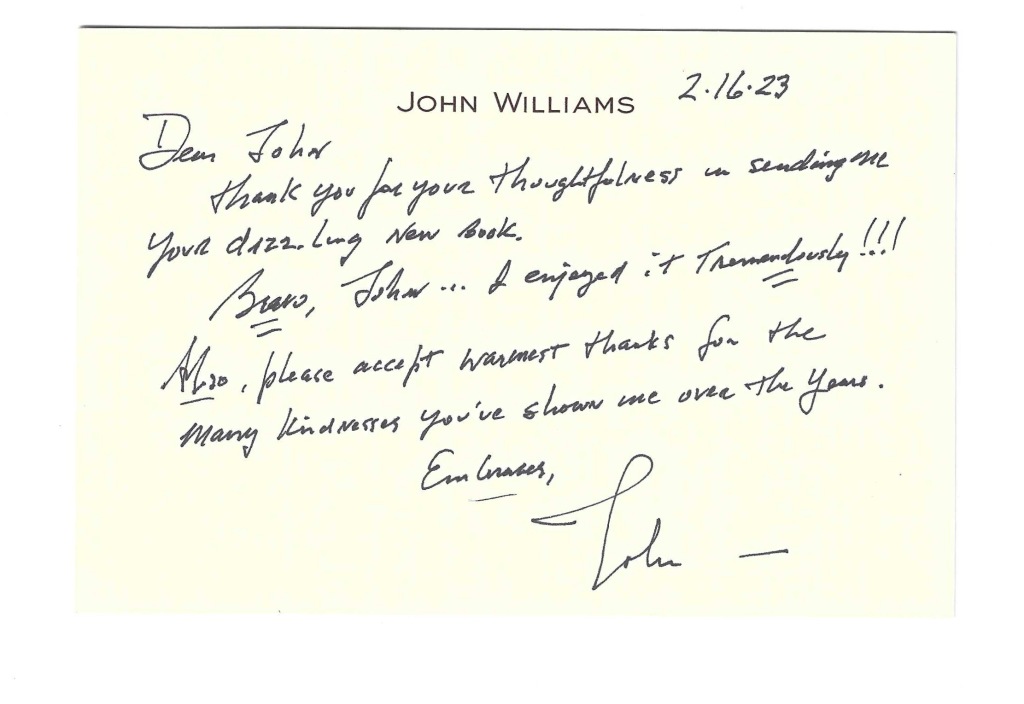
John Mauceri Offical Website
http://www.johnmauceri.com/
Buy “The War On Music”:
https://a.co/d/djMXeki
Austin Wintory Official Website
https://www.austinwintory.com/
Austin Wintory YouTube Channel:
https://www.youtube.com/@UCdprwTDYzaW2cpDG2A7MygA
Very special thanks to John Mauceri and Austin Wintory for their kindness and their love for sharing knowledge.

